Share
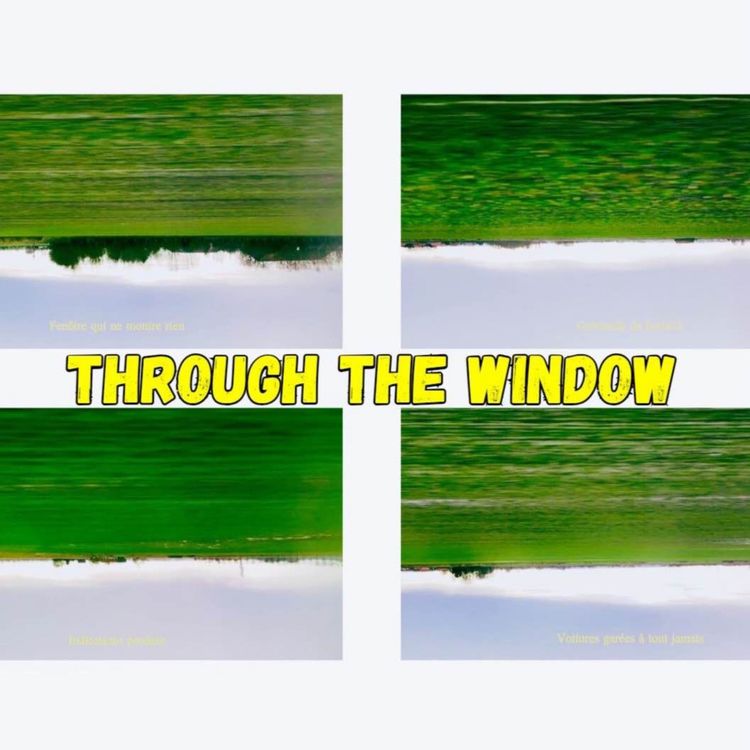
ESA on air
Through the window
•
Traveling can be relaxing, enriching, and, above all, fun. But when it comes to daily commutes, an imbalance is felt. Through the everyday train window, my senses have lost the pleasure of being stimulated for the first time by an external element, a sound or a landscape, which have become nothing more than memories. In this podcast, I take the time to review how a video work helped me rediscover not my daily travels, but my own perceptual memories created by these travels.
by Lola Demazeux
More episodes
View all episodes
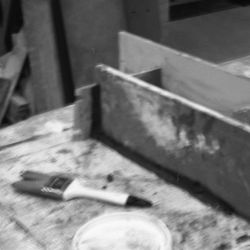
The mystery of art studies
12:44|When we meet people who don’t know anything about art studies during events like vernissage, they always ask the same questions about how it is. So with this podcast we wanted to demystify art studies, art school. Even for the futur art students. And for everyone who have no idea of this. To this end, we ask to two student at the end of cycle, Max Lelostec, in third year and Théo Pollaert, in fifth year ; how they wanted to come to art school? What they do actually, what is their practice ? And, what they wanted to do after the art school ? What is their professional project?By Raffik and Clara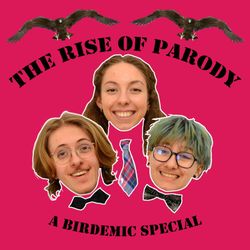
The rise of parody
08:55|In this episode, Marie-Lou, Ronan and Sam discuss the Birdemic trilogy, and low-budget movies in the Hollywood industry. Let’s add that the whole podcast is FICTIONAL. The link to the trailer is above - Take a look at this Masterpiece!This podcast was produced by students from ESA Dunkerque, Butstraen Ronan, Znidarsic Marie-Lou and Hiest Sam. Thanks to Pollaert Théo for his participation on the podcast, voicing the fictional interview of James Nguyen.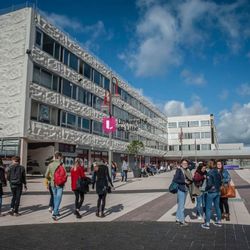
Stories of technology
10:17|In this podcast we decided to do an interview on the subject of technology, to work on that topic we ask students from University of Lille Pont de Bois campus three questions. The questions were :What is the most unique technological device that you own?What do you think technologies will be like in the future?How do you think technologies are going to change human lives in the future?for reference in this interview we used:ina.frHildegard Westerkampby Agathe Niel, Mathilde Tassin, Kelly-Rose Mpenza & Djessica Bourgoin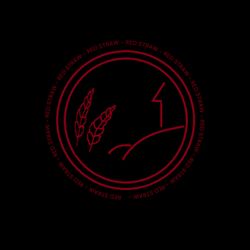
Red Straw
13:48|This podcast is like an ad for a fictitious travel company written, recorded and edited by Maiwenn Vermeulen and Oskar Podkowska.The story centers around Brenda, a rich girl who has been expelled from her dad's house because she's an awful spoiled kid. She goes to a village named Happytown where she can have a new life, thanks to a “Travel” company named Redstraw. Brenda is supposed to be a customer that can give testimony about her experience with Redstraw.This podcast is divided into multiple episodes, where Bill Sunshine, an animator, comments on Brenda's testimony. Each episode gets weirder than the previous ones, and the supposed new and fresh start offered to Brenda by Redstraw, ends up being a nightmare.Fictive characters :Brenda and Evelyn played by MaïwennBill Sunshine, George, Linus played by OskarBrenda’s, Evelyn’s, George’s and Linus’ texts written by Maïwenn.Bill Sunshine’s text written by Oskar.Redstraw’s logo made by Maïwenn Sound and montage by Oskar.Sounds used : -https://youtu.be/9HS8Vjfx7ZQ?si=PY_J3TOCtD55WsdH-https://youtu.be/FB1ruftRjE0?si=G6KWiZ5DPwDYGiKE-https://youtu.be/ZhtulqMu_Tc?si=f6bg-AQIKIDqbojxReferences : Stardew Valley, 2016 (characters names)Dogville, 2003, Lars von Trier (concept of a peaceful village that turns out to be a nightmare)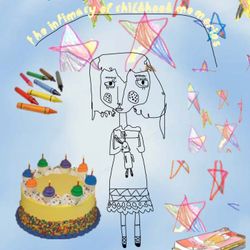
The Intimacy of Childhood Memories
16:26|Ninon Boulanger, Lou Maerten & Ferdinand Larat's podcast is based on different works of art about childhood. Whether songs, poems, tales, books, we allowed ourselves the freedom to choose any work as long as it dealt directly or indirectly with the theme of childhood. The idea was to explain the link we had with this work, when we discovered it, what it represented for us, if it was linked to certain elements of our life, and then to interview someone outside of our group and the English class, and to question their own connection with the work. The goal behind this approach was to collect different perspectives around the same work, to see the differences in points of view, perhaps linked to questions of generation, experience, or culture, and therefore to see how works of art can affect people differently, positively or negatively. The theme of childhood is recurrent in our respective work at ESA, which is why we quickly agreed on it. Moreover, it is a broad theme, which has been treated by a lot of artists with different processes (writers, painters, poets, etc.).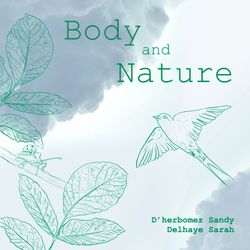
Body and Nature
17:46|In this podcast we explore different perspectives of the world through a short meditation and discussion reconsidering the relationship that we have with it. We debate and share our experiences through ambient sounds. This podcast has been inspired of a workshop did with Elise Guillaume. We hope this podcast can give you a new perspective of what's around you :)References:•https://lessoulevementsdelaterre.org/blog/-stopa69-mobilisation-nationale-pour-bloquer-les-chantiers-en-cours•https://reporterre.net/A69-les-raisons-de-la-colere-contre-l-autoroute-Toulouse-Castres•http://www.eliseguillaumeart.com/•Classes with Nathalie Stefanov on les tribus autochtones (indigenous tribes)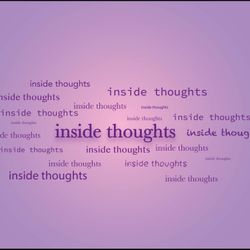
Inside Thoughts
20:20|We have decided to work second hand because it’s something that is important to talk about. Second Hand has made a big place in your way of consume, before it was because of money issues, today with influencers and ecology everybody looks into secondhand but there are problems with that. People who sell fast fashion to buy another cloth the day after, stores who call themself second hand but have scandalous prices, or people who buy on second hand site websites every week which in the end are not ecological.by Shannon Noubi, Rehanne Minette, Camille Viot, Stanley StaryReferences:https://www.journaldunet.com/retail/1512377-mode-de-seconde-main-impacts-positifs-et-negatifs-d-un-nouveau-mode-de-consommation/https://pubosphere.fr/la-seconde-main-une-fausse-bonne-idee/https://www.francetvinfo.fr/culture/mode/au-japon-aussi-le-vetement-d-occasion-se-democratise-apres-avoir-ete-longtemps-reserve-aux-hipsters_6253926.html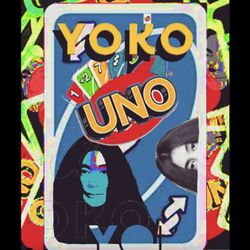
Yoko Uno
06:26|This podcast is a fictional report about a fictitious competition that we imagined. The scene takes place during an international championship of the card game Yoko Uno, a fusion of the popular game Uno and the artist Yoko Ono. In this game, numbers are replaced by letters that players must shout out when they play them. It's a conceptual blend of neo-dadaism and fluxus, presented in a contemporary manner. We drew heavily from pop culture references, intertwined with art history. We portrayed all the characters and crafted a fantastic soundscape using freely available sounds from the BBC. Additionally, we incorporated Lionel Richie's song "All Night Long," which we slowed down to avoid copyright issues, similar to the approach of Patrick Zadou, the fictional inventor of Yoko Uno.by Oscar Descamps, Chloé Chamard